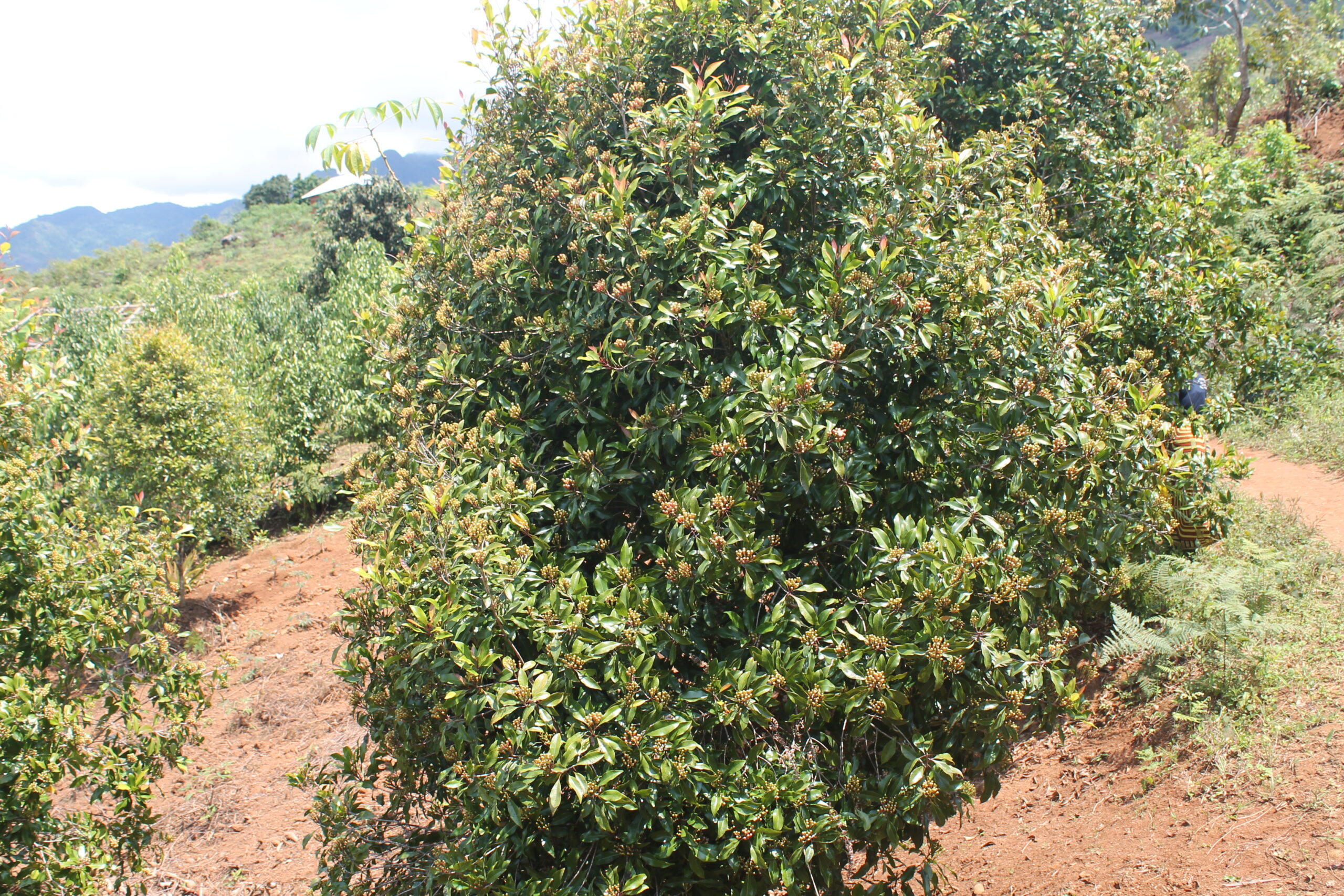Dar es Salaam, July 19, 2025 – Tanzania’s spice industry, a vital contributor to the nation’s agricultural exports, is grappling with a severe crisis that could see its organic spice exports to Europe plummet. According to recent reports from Control Union, a leading global certification body, no Tanzanian company has achieved organic certification for spices, effectively locking local producers out of the lucrative European market, where organic products command premium prices. This lack of certification, described as a “kubwa sana” (huge) problem by industry insiders, threatens to derail Tanzania’s ambition to become a leading supplier of organic spices like clove, cinnamon, and black pepper.
A Growing Market, a Missed Opportunity
The global organic spice market is booming, projected to grow from $10.9 billion in 2023 to $17 billion by 2033, with Europe accounting for a significant share. The EU, with retail sales of organic products exceeding €50 billion in 2023, is a key destination for East African spices, particularly ginger, cinnamon, and peppers. However, stringent regulations, such as the EU Organic Regulation 2018/848, effective January 1, 2025, mandate organic certification and electronic Certificates of Inspection (COI) for every shipment. Without certification from bodies like Control Union, Tanzanian exporters face border rejections or are forced to sell their products as conventional, fetching lower prices.
Tanzania’s spice sector, supported by initiatives like the Tanzania Spices label and TanTrade, has shown promise. Companies such as Trianon Spices, GFP Organics, and Kazi Yetu have invested heavily in organic farming and processing. Trianon, for instance, secured investment in 2021 to scale up organic cinnamon and pepper production, while GFP Organics trains smallholder farmers in the Usambara Mountains to meet organic standards. Yet, none of these companies are listed as certified by Control Union, and only 14 smallholder groups, averaging 30 farmers each, hold organic certification under the East African Organic Products Standards (EAOPS), primarily for coffee and tea, not spices.
The Certification Bottleneck
The absence of certified Tanzanian companies is a significant barrier. While many farmers practice organic farming by default, avoiding synthetic inputs, only 5% are officially certified due to high costs, complex processes, and limited access to certification bodies. “Kuna shida kubwa sana,” said a local exporter, noting that even high-demand products like avocados face similar certification challenges in East Africa. Sustainable Agriculture Tanzania (SAT), a Morogoro-based non-profit, supports 12 certified smallholder groups, but scaling this to spices remains a challenge. A Zanzibar cooperative certified by Germany’s Lacon struggles to meet European demand, underscoring the gap.
The impact is already visible. Data from the International Trade Centre (ITC) and FAOSTAT shows Tanzania’s organic spice exports to Europe grew from 5,000 metric tons in 2019 to 6,200 in 2024. However, projections for 2025 estimate a drop to 5,500 tons, a decline attributed to the certification bottleneck. In contrast, Kenya and Uganda, with better access to certification support, are expected to maintain modest growth, with exports reaching 3,600 and 2,600 tons, respectively, in 2025.
Economic Fallout and Lost Opportunities
The stakes are high. Tanzania’s organic spice exports, including clove, pepper, and ginger, generate significant foreign exchange, with the sector supporting thousands of smallholder farmers. A decline in exports could devastate rural livelihoods and undermine Tanzania’s National Ecological Organic Agriculture Strategy (NEOS, 2023-2030), which aims to expand organic farming with a fivefold budget increase. Without certification, companies like No Women No Spice in Zanzibar, which empowers women farmers, risk losing access to premium markets, forcing them to compete in lower-value conventional markets.
The European market’s stringent standards, including pesticide residue limits and traceability requirements, are non-negotiable. Control Union’s removal of Tanzanian spices from its certified list, as reported, signals a critical need for action. “Saa hii, kutoka East Africa, hata maparachichi, kuwa certified as organic ni shida,” an industry source lamented, highlighting the broader challenge for organic exports.
A Path Forward
Experts urge immediate action to reverse the trend. The EU-EAC MARKUP program offers training and financial support for small and medium enterprises to achieve certification, while the Participatory Guarantee System (PGS) could lower costs for smallholder groups, enabling more to earn the Kilimohai Mark for organic labeling. Partnerships with certification bodies like Control Union or Ecocert, which have regional inspectors, are critical. Digital tools for traceability and compliance with Sanitary and Phytosanitary (SPS) standards could streamline the process.
Diversifying markets to the Middle East or North America, where organic demand is rising, could also mitigate risks. However, the EU remains the largest and most lucrative market, and losing access could set Tanzania’s spice industry back years.
A Call to Action
Tanzania’s government, private sector, and international partners must act swiftly to address the certification crisis. Supporting companies like Trianon Spices and GFP Organics to achieve Control Union certification, scaling SAT’s training model, and leveraging NEOS funding could restore Tanzania’s position in the global organic spice market. Without these steps, export numbers will continue to fall, and the vision of open access to Europe’s organic market will remain out of reach.
